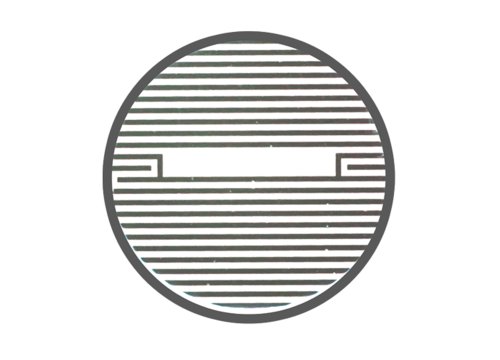Authors: Hu W, Zhou C, Jing Q, Li Y, Yang J, Yang C, Wang L, Hu J, Li H, Wang H, Yuan C, Zhou Y, Ren X, Tong X, Du J, and Wang Y.
Cancer Cell International, 2021.
Scientists use Axion’s Maestro Z platform to explore the role of FTH in hepatocellular carcinoma and reveal a promising therapeutic target
Hepatocellular carcinoma (HCC) is the most common type of primary liver cancer and a leading cause of death worldwide, but few effective treatments are available for people with advanced HCC. Like other cancer types such as breast cancer, non-small cell lung cancer, and pancreatic cancer, HCC cells are rich in iron and are subject to ferroptosis—a recently identified type of programmed cell death characterized by the abnormal accumulation of lipid peroxides resulting from ferrous iron overload. Some evidence shows that ferritin heavy chain (FTH), a ferroxidase enzyme encoded by the FTH1 gene, helps to regulate ferroptosis, but the role of FTH in HCC and ferroptosis resistance is not fully understood. In this study, researchers investigated the expression and importance of FTH in HCC and provided evidence for the first time that FTH facilitates proliferation, eliminates mitochondrial stress, and encourages ferroptosis resistance in HCC cells in vivo and in vitro.
To explore the role of FTH on cell growth in vitro, scientists used Axion’s Maestro Z platform to perform live-cell analysis on mouse cells with FTH overexpression. The real-time electrical impedance assay showed that cells with FTH overexpression grew more quickly compared to control cells, while other assay results demonstrated that the expression of FTH promoted invasion and migration of HCC cells. Taken together with other findings, the authors conclude that FTH acts as an oncogene in the development and progression of HCC and suggest that FTH may be a promising therapeutic target for the treatment of HCC and other iron-rich cancers.


